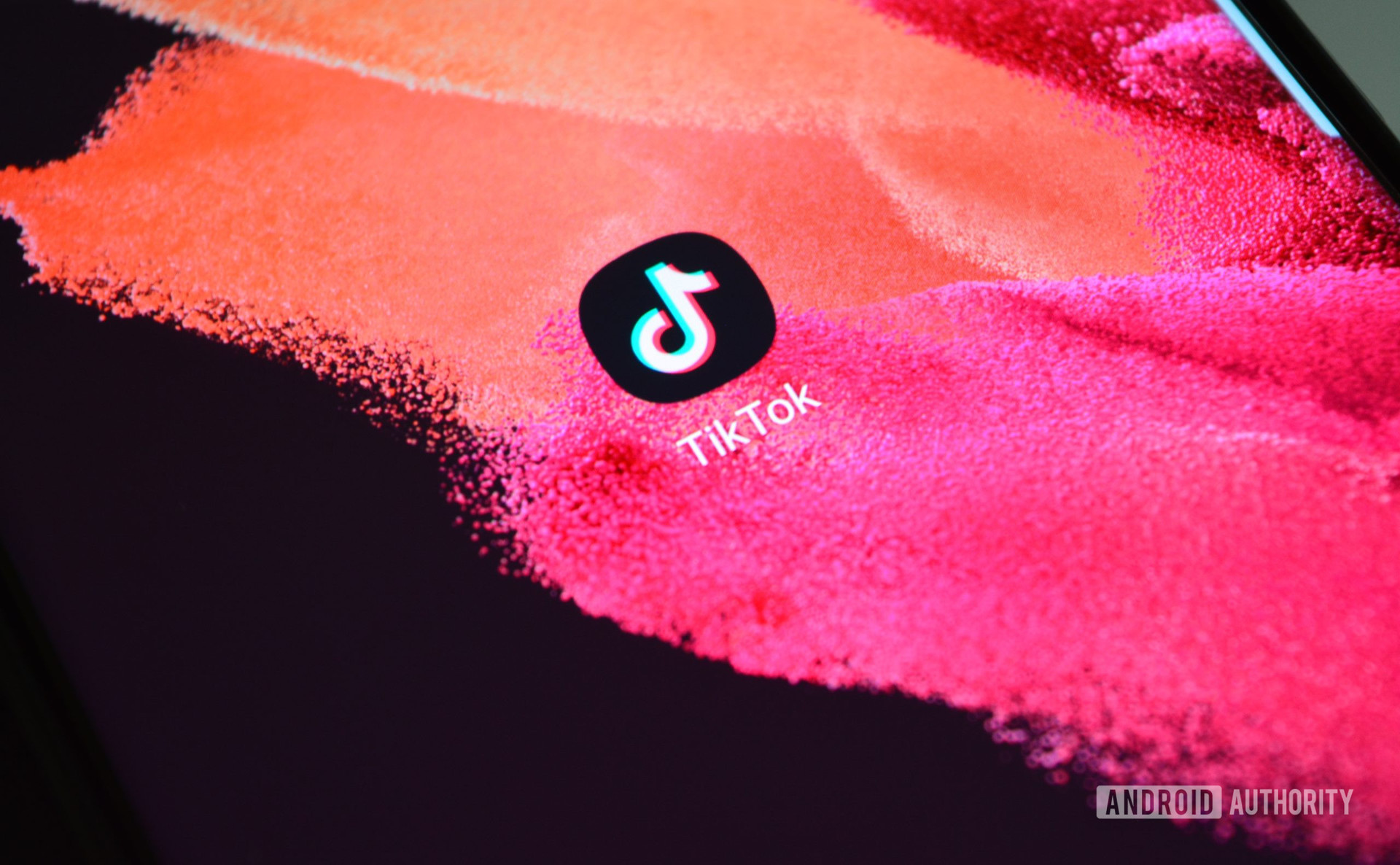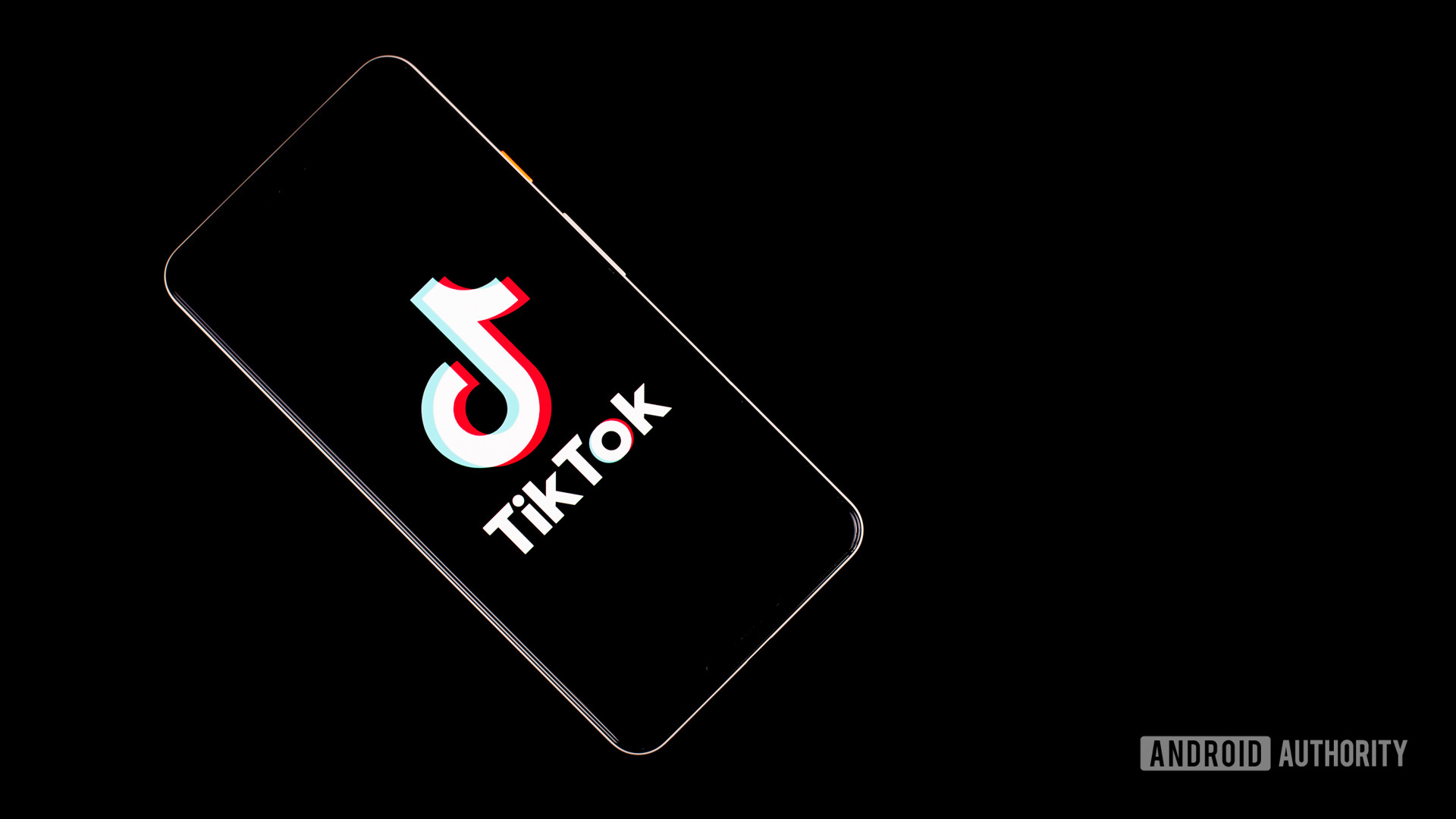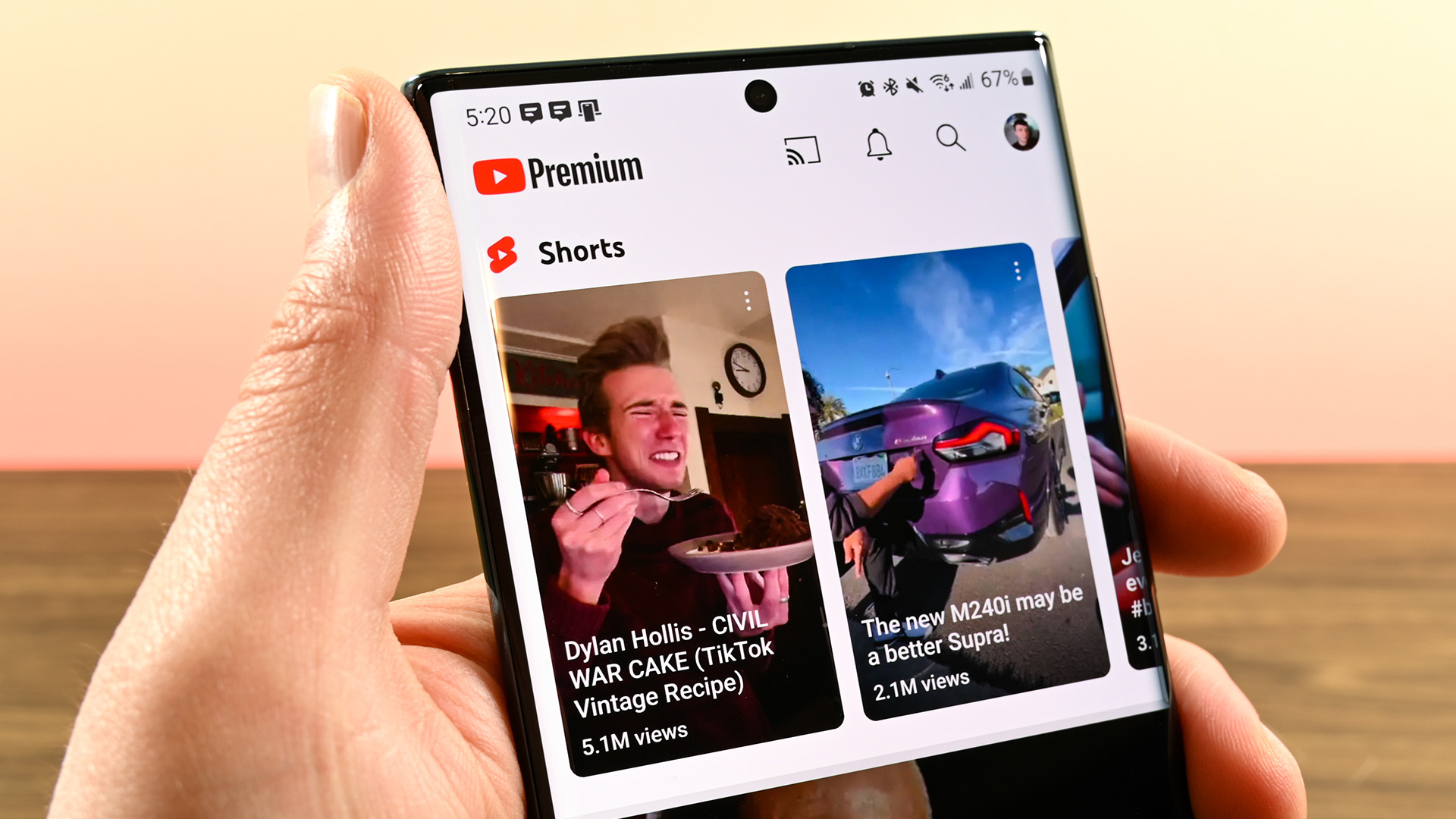
Adam Birney / Android Authority
A so-called TikTok ban is officially on the books, and the clock is tick-tocking its way to the end of the line for the uber-popular social media platform.
But what exactly does a TikTok ban look like? How will it be enforced? Will the app actually be banned, or is this just posturing? Here are all the answers to your most burning questions.
Will TikTok really get banned?
The law passed and signed by President Biden mandates that TikTok’s parent company ByteDance, based in China, sells its stake in the app within 165 days or the app will be banned in the US. That deadline can be extended by 90 days if President Biden and Congress think ByteDance is close to a deal.
However, the reality of the situation is much more complicated. Similar laws banning TikTok have been shot down in court in the past, typically citing First Amendment infringement. TikTok has already pledged to fight the ban in court, which, at the very least, should delay the ban for months or years to come.
Of course, lawmakers in the US have argued that this isn’t a TikTok ban, since ByteDance can simply sell the app to another company and continue service. But the stars would need to align perfectly for that sale to actually happen.
Who could buy TikTok?
When the first ban, which was later reversed in court, was put through during the Trump administration, several companies were floated as potential buyers. First there was Microsoft, then Oracle, although no concrete deals ever materialized.
Now, four years later, the app is much more popular, and much more valuable. TikTok estimates that 170 million Americans use the app, which is roughly half the country. A stock buyback in December 2023 valued its parent company ByteDance at around $268 billion, which puts the $44 billion Elon Musk paid for Twitter (now X) to shame. Granted, TikTok is a small part of the company’s wider portfolio.
Anti-trust concerns rule out big players like Meta and Google.
Large companies like Meta, Google, and Microsoft are unlikely to bite due to antitrust issues. Oracle is a potential buyer, and given the cooperation the two companies have built over the past few years, it could be a relatively smooth transition.
Another option is a group of investors, and Trump Treasury Secretary Steven Mnuchin has already begun forming one. Notably, Mnuchin led the effort to ban TikTok while he was a part of the Trump administration.
Will ByteDance really sell TikTok?

Edgar Cervantes / Android Authority
The short answer is probably not. Despite the app revolutionizing the way social media is consumed, TikTok and the US market still represent a fraction of ByteDance’s portfolio. In fact, the most valuable part of the app is not its 170 million American users and their data, but rather the algorithm that keeps them hooked.
One of the main reasons TikTok rose to popularity is its uncanny ability to recommend videos that users will enjoy. ByteDance uses the same algorithm in the Chinese version of the app, Douyin, which is the company’s real cash cow. Despite having fewer users than TikTok and only being available in China, Douyin brings in 80% of ByteDance’s revenue.
In other words, selling the TikTok algorithm would also give away the special sauce for Douyin. ByteDance may be more willing to leave the US market than give up its competitive advantage in China.
Another big hurdle is that the Chinese government will need to sign off on the deal. Given the sentiments around the TikTok ban debate, Chinese officials may rather see any potential deals die on the vine rather than submit to political pressure from the US.
What would a TikTok ban look like?
If a suitable buyer isn’t found and the law isn’t shot down in court prior to the deadline, TikTok will be removed from the Google Play Store and App Store in the US. A large fee would be imposed on either for each day the app remains available for download. However, users who already have TikTok installed on their phones may still have access if the company allows it.
It’s not yet clear what other steps the US will take to enforce the ban, but ISPs could block IP addresses associated with TikTok. Of course, this could still be circumvented by using a VPN, but it would make the app much more difficult to access.
In order to fully ban TikTok, US regulators would need to change how the internet is structured in the US. In countries like China and Iran, for example, the government has much more direct control over what content is available on the internet.
What alternatives are there for TikTok?

Joe Hindy / Android Authority
There are plenty of TikTok alternatives on the market. The rush to implement short-form video into Instagram and YouTube have made the medium fairly ubiquitous across big social media platforms. Here’s a quick list:
- YouTube Shorts: These short-form vertical videos are similar to TikTok videos, but limited to just 60 seconds. Channels tie into the YouTube ecosystem, which is absolutely enormous.
- Instagram Reels: Meta’s take on a TikTok alternative allows videos up to 90 seconds. Instagram has been pushing Reels more and more in recent years, and the algorithm is slowly improving.
- Thriller: Thriller is an American company that started as a video editor before moving into both vertical and horizontal video sharing.
- Snapchat: For more intimate sharing, Snapchat allows you to record and share videos that disappear after watching. The newer Spotlight section is more like a TikTok feed, but users tend to be younger.
However, no other platform has managed to replicate the incredible content recommendation system of TikTok’s algorithm. Different platforms also have different cultures and user bases, although many content creators publish all of their videos across different platforms.
Expect more TikTok alternatives to gain steam in the months leading up to the ban.
What’s next for the TikTok ban?
TikTok is still a long way from getting banned. Although it’s unlikely to find a buyer in the US, the company has been preparing to fight a ban in courts for years now. TikTok released a statement on Twitter shortly after the ban passed, stating, “This unconstitutional law is a TikTok ban, and we will challenge it in court.”
A joint letter from the ACLU and other civil rights organizations indicated that they would also fight the ban in court. The letter also states that the law would “set an alarming global precedent for excessive government control over social media platforms.”
If the ban passes in the US, other Western countries will likely follow suit. Many, like the UK, Australia, and Canada, already have legislation in the works, but the outcome of this ban will surely inform what’s to come for the platform globally.








